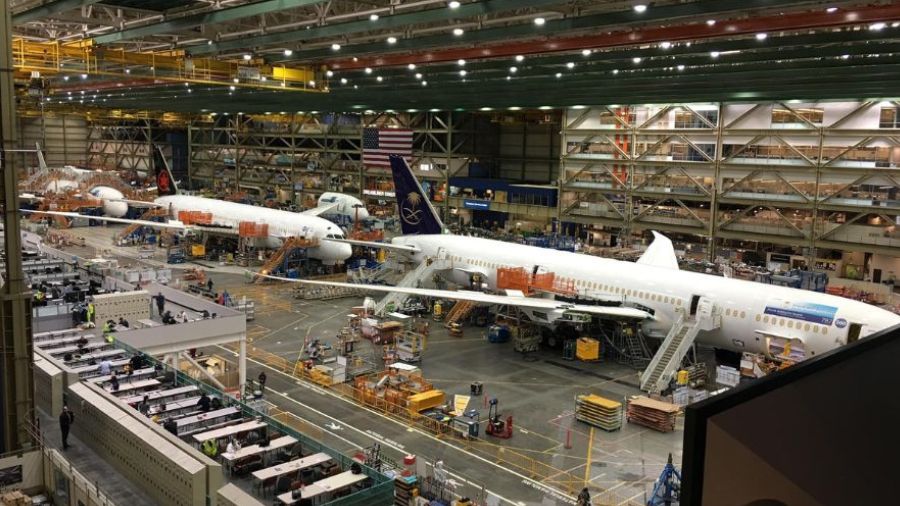Universal healthcare campaign gains momentum in Washington state
Aug 11, 2022, 2:50 PM | Updated: 3:01 pm

(Photo by Irfan Khan/Los Angeles Times via Getty Images)
(Photo by Irfan Khan/Los Angeles Times via Getty Images)
Whole Washington is a volunteer organization of health care professionals fighting to get universal healthcare on the ballot next year, with 42,175 signatures as of Aug. 8, roughly 10% of the signatures needed to make it onto the 2023 ballot.
The initiative is a proposal to get universal healthcare coverage for every resident, no matter what, through the creation of a Washington Health Trust, which would be the first state-wide, publicly financed, not-for-profit healthcare system in the U.S.
According to the Whole Washington campaign director Andre Stackhouse, the campaign would increase coverage for most Washington residents by including vision, dental, reproductive care, gender-affirming care, mental health, and addiction treatment.
“In terms of what it covers, I like to say it covers everything, everybody, everything,” Stackhouse said. “It’s a huge expansion over what most people have covered, so basically, if it’s health care that you need, it’s 100% covered.”
Initiative 1471 was filed in March, and they have until December 30 to gather the signatures needed to get them on the ballot.
The Washington State Constitution requires enough signatures equal to at least 8% of the votes cast for governor in the most recent gubernatorial election. With record voter turnout in the 2020 gubernatorial election, due to it aligning with a contentious 2020 federal election, the bar for an initiative is one of the highest, with 405,000 signatures needed to make it onto the 2023 ballot.
No statewide ballot initiatives this November, drug decriminalization campaign stalls out
This is not the first attempt to get universal healthcare legislation in the state, with four other attempts failing. There were two other attempts at filing initiatives to get on the ballot, with one attempt, Initiative 1362, being suspended in 2021 due to COVID-19 and a second failing to get enough signatures in 2018.
If enough signatures are gathered by the campaign, it would be the first successful initiative to make it on a ballot in four years.
“I mean, it’s ridiculous how difficult it is,” Stackhouse said. “And if you really think about the initiative process as the citizen’s way of legislating, putting things on the ballot for consideration is way harder for citizens than for the legislature to do it. The fact that it excludes people who might have mobility impairments or who are unable to go out to public events, and they’re unable to effectively collect signatures or sign for something means that it’s an incredibly difficult process, the only way around is to invest significantly in infrastructure, to mobilize a huge number of people and to build a very robust coalition that is ready to really push for it.”
There were also two attempts by the organization to author and submit legislation in the Washington state senate with Senate Bills 5204 and 5222, neither of which made it out of committee hearings.
Despite the momentum that the campaign has been able to utilize, Stackhouse says that the initiative is getting to the point that they need more volunteers, fundraising, and awareness in order to get to the level of required signatures.
“We’ve had some frank discussions in our last couple of volunteer meetings about how, even though we’re incredibly mobilized and we’re incredibly enthusiastic on this work right now, we are not going to make it unless we see some dynamic changes in things like our fundraising [or] our volunteer recruitment,” Stackhouse said. “So now is really a time where we are calling a full all-hands-on-deck situation. Everyone in Washington State needs to know about the campaign. “













